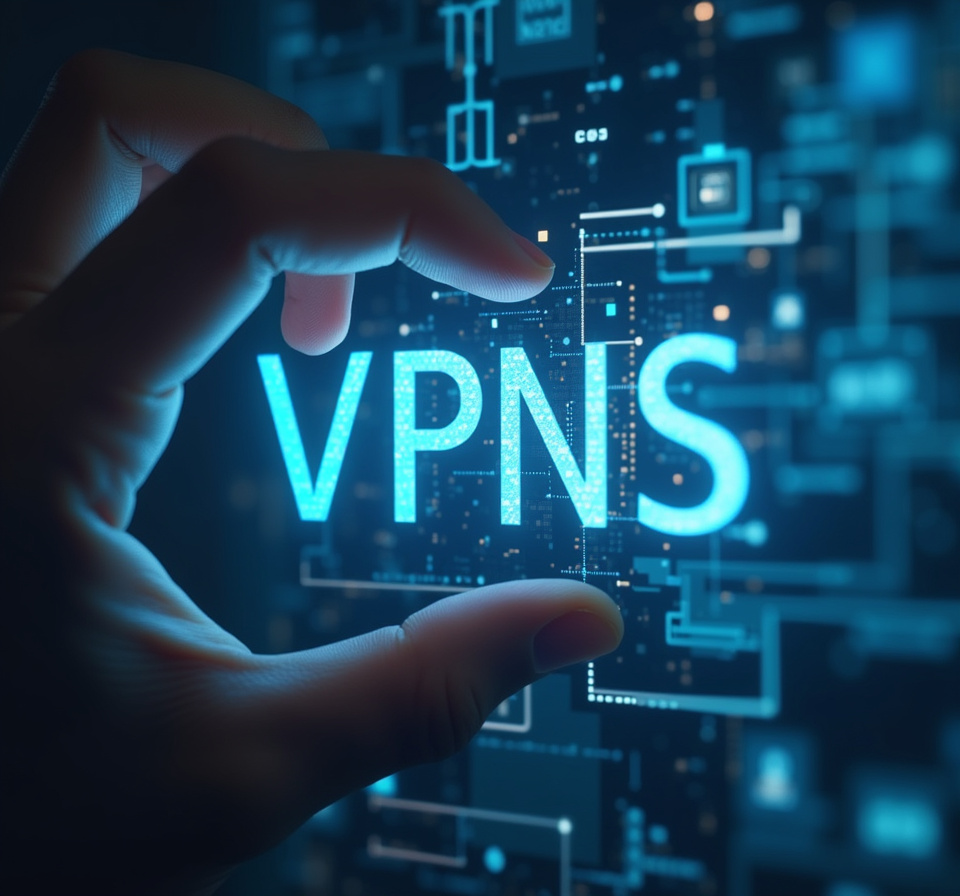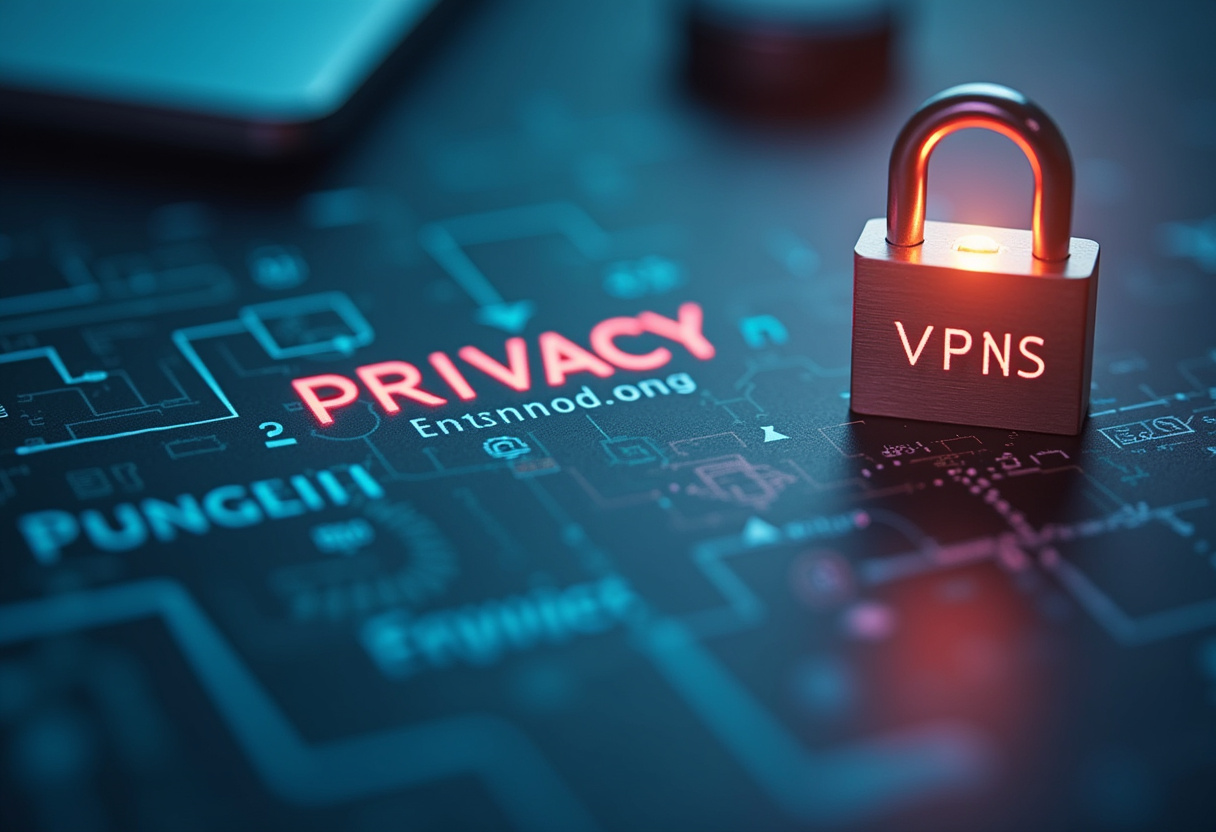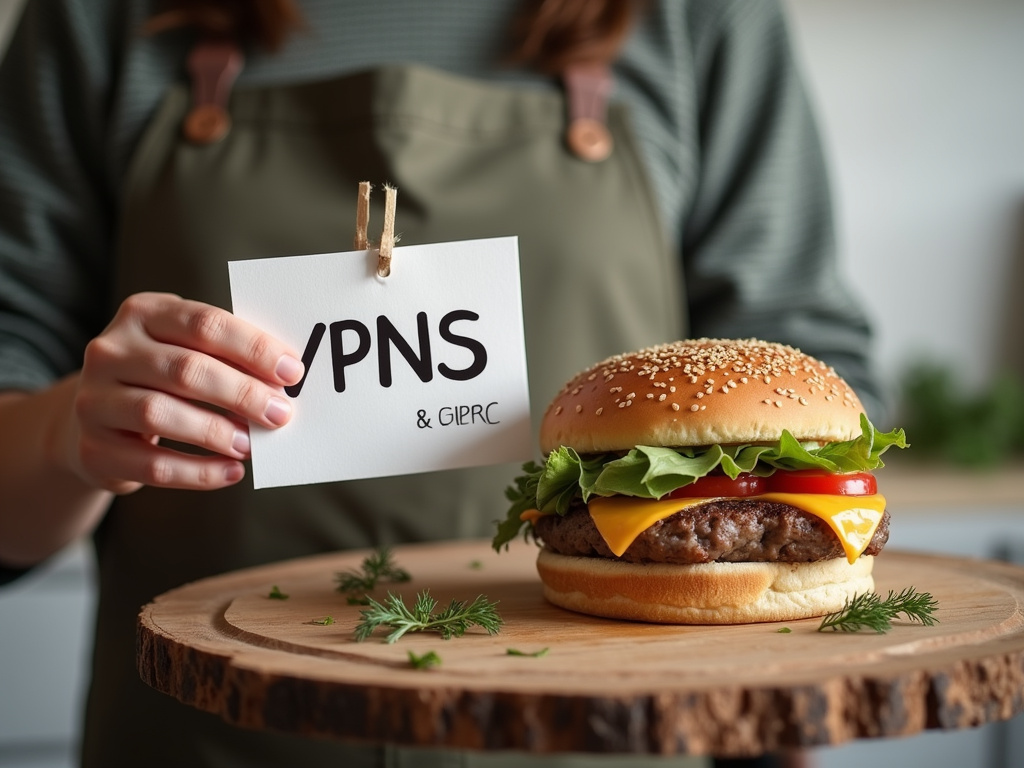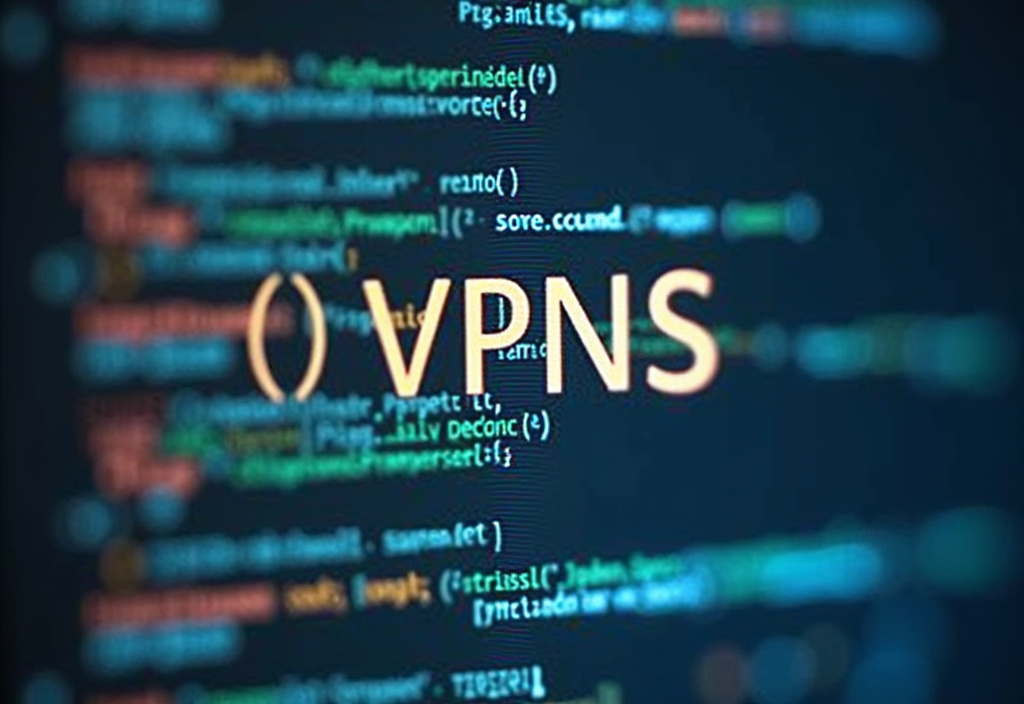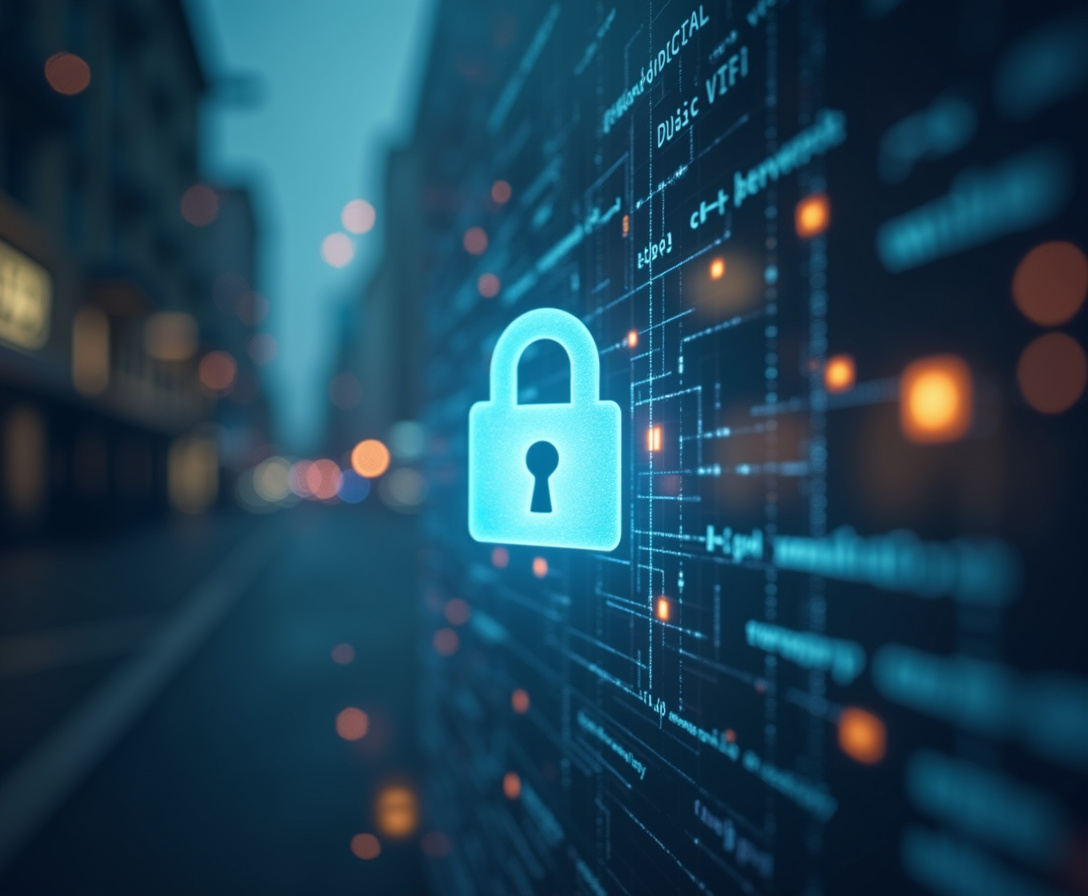VPNs for Vocational Schools: Securing Student Records
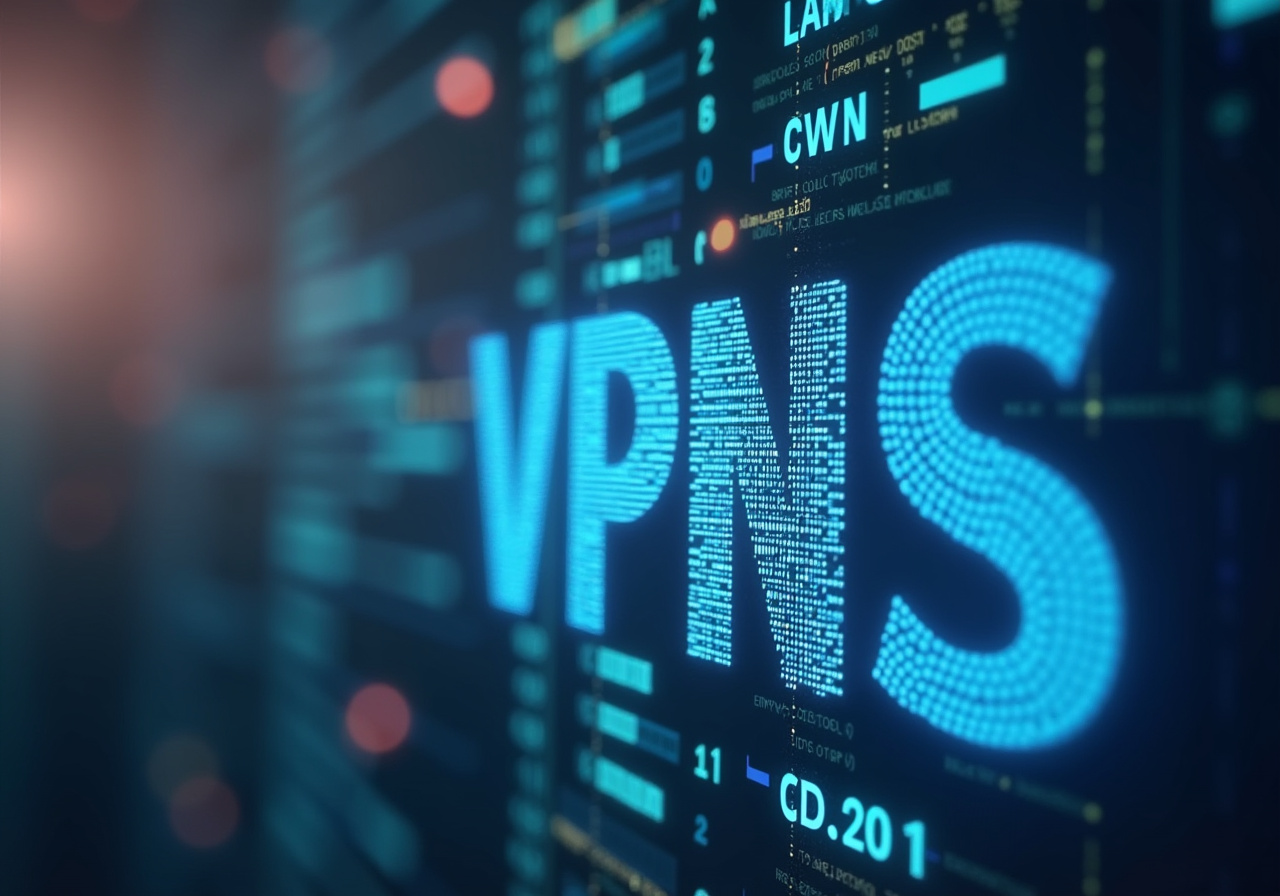
Table of Contents
VPNs for Vocational Schools: Securing Student Records in the Digital Age
In an era where educational institutions are increasingly reliant on digital systems for managing student information, maintaining robust security measures is paramount. Vocational schools, in particular, handle a wealth of sensitive data, including student records, financial information, and proprietary course materials. The need to protect this information from unauthorized access, cyber threats, and data breaches is critical, not only for compliance with regulations but also for preserving the integrity of the institution and the trust of its students.
A Virtual Private Network (VPN) offers a powerful and versatile solution to bolster security and safeguard sensitive data within vocational schools. By creating a secure, encrypted connection between devices and the school's network, a vocational school VPN can effectively shield student records, course databases, and other critical assets from prying eyes. This article will explore the importance of VPNs in vocational school settings, focusing on their ability to enhance student record security, protect course databases, ensure data integrity, and provide a secure foundation for educational experiences.
A vocational school VPN establishes a secure tunnel that encrypts all data transmitted between the student's device and the school's network, ensuring that even if the data is intercepted, it remains unintelligible to unauthorized parties. This encryption is particularly crucial when students are accessing school resources from off-campus locations, such as their homes, coffee shops, or libraries. Without a VPN, their data is vulnerable to interception by hackers and other malicious actors on public Wi-Fi networks.
The use of a VPN for education provides an additional layer of authentication, verifying the identity of users before granting them access to sensitive data. This helps to prevent unauthorized access by individuals who may have gained access to student credentials. Furthermore, a VPN can be configured to restrict access to specific resources based on user roles, ensuring that only authorized personnel can access and modify student records and course databases.
The implementation of a VPN is not merely a technical solution; it is a strategic investment in data integrity. Lost or corrupted records can have serious consequences for students, including delays in graduation, inaccurate transcripts, and denial of opportunities. By protecting student records from unauthorized modification and accidental deletion, a VPN helps to ensure that the information is accurate and reliable.
This focus on data integrity is essential for maintaining the credibility of the vocational school and its commitment to student success. The benefits of a VPN extend beyond data security and data integrity. A VPN can also enhance the overall educational experience for students by providing them with secure access to online learning resources, regardless of their location.
This is particularly important for vocational schools that offer online courses or blended learning programs. Students can access course materials, participate in online discussions, and submit assignments with the peace of mind that their data is protected. In essence, using a vocational school VPN addresses both current immediate security needs and builds a longer term, more secure foundation for digital educational delivery, protecting student information and the school's reputation.
A focus on student record security and data integrity is crucial for the success of vocational schools, safeguarding valuable information. The ability to control the school's educational resources ensures that students benefit from a secure and efficient learning experience.
The core function of a vocational school VPN lies in its ability to create a secure and encrypted connection for all network traffic. Encryption scrambles the data as it travels across the internet, making it unreadable to anyone who does not have the correct decryption key. This is particularly important when students and staff are accessing sensitive information from remote locations, such as their homes or public Wi-Fi networks.
Public Wi-Fi networks are notoriously insecure, making them prime targets for hackers and cybercriminals. A vocational school VPN creates a protective shield around the data, preventing unauthorized access and ensuring that sensitive information remains confidential. When selecting a VPN for education, it is crucial to consider the encryption protocols used.
Industry-standard encryption protocols, such as AES (Advanced Encryption Standard) with a key length of 256 bits, provide a high level of security and are recommended for protecting sensitive student data. In addition to encryption, a VPN can also provide an extra layer of authentication to its users, ensuring that only authorized individuals can access sensitive data. Multi-factor authentication (MFA) adds another level of security by requiring users to provide multiple forms of identification, such as a password and a code sent to their mobile device.
This makes it much more difficult for hackers to gain access to student records, even if they have obtained a student's username and password. A vocational school VPN can be configured to restrict access to specific resources based on user roles, ensuring that only authorized personnel can access and modify student records and course databases. For example, instructors may only have access to the records of the students in their classes, while administrators may have access to the records of all students in the school.
This access control helps to prevent unauthorized access to sensitive information and reduces the risk of data breaches. Furthermore, the vocational school VPN protects course databases, which often contain valuable intellectual property, from unauthorized access and theft. The VPN ensures that only authorized instructors and staff can access and modify the course materials, preventing unauthorized distribution or alteration of the content.
This is particularly important for vocational schools that develop and own their course materials. The implementation of a VPN demonstrates a commitment to student record security. It also demonstrates a commitment to protecting the intellectual property assets of the school ensuring that proprietary teaching materials are not compromised.
This level of protection enhances the reputation of the vocational school and builds trust with students, staff, and the wider educational community. A VPN tailored for education is not just a security measure; it's a statement about the vocational school's priorities. It signals dedication to creating a secure and trustworthy learning environment where students and staff can feel confident that their data is protected, promoting learning and overall development without data compromising.
The integrity of student data and course materials is paramount. Data integrity refers to the accuracy, completeness, and consistency of the data. A VPN plays a critical role in maintaining data integrity by preventing unauthorized modification and accidental deletion of data.
In the absence of a VPN, sensitive data is vulnerable to various threats, including man-in-the-middle attacks, where hackers intercept and alter data as it is being transmitted. This can lead to inaccurate student records, corrupted course materials, and other serious problems causing long lasting damage to a students future career prospects. The vocational school VPN provides a secure and encrypted channel for the transmission of data, preventing such attacks and ensuring that the data remains intact and unmodified.
Maintaining data integrity is not just a technical issue; it is also a legal and ethical responsibility. Vocational schools are required to comply with various data privacy regulations, such as the Family Educational Rights and Privacy Act (FERPA) in the United States. FERPA mandates that educational institutions protect the privacy of student records and prevent the unauthorized disclosure of personally identifiable information (PII).
A VPN helps vocational schools comply with FERPA by providing a secure environment for storing and transmitting student data, minimizing the risk of unauthorized access or disclosure. Beyond regulatory compliance, data integrity is essential for the smooth operation of the vocational school and the success of its students. Accurate and complete student records are necessary for tracking academic progress, awarding credentials, and providing support services.
Corrupted or incomplete data can lead to delays in graduation, inaccurate transcripts, and denial of opportunities. Similarly, the integrity of course materials is essential for ensuring that students receive a high-quality education. If course materials are altered or corrupted, students may not receive the correct information, which can hinder their learning and preparation for their future careers.
Securing course databases with a VPN ensures that instructors can confidently create and deliver engaging and factual content. A key aspect of maintaining data integrity is implementing robust backup and recovery procedures. In the event of a data breach or system failure, the vocational school must be able to quickly restore data from backups.
A VPN can facilitate secure backups by encrypting data before it is transmitted to the backup location. This protects the data from unauthorized access during the backup process. Implementing a vocational school VPN also contributes to a culture of security awareness within the institution.
By educating students and staff about the importance of data security and providing them with the tools to protect their data, the vocational school can create a more secure environment for everyone. This security awareness is an essential supplement to technical security measures, creating multiple defenses from data breaches. For example, students can be trained using the VPN and be reminded that when accessing school resources from public Wi-Fi, they would need to connect to the VPN first before continuing with school related tasks.
With this safety practice being applied, vocational schools improve data integrity, promote student success, and maintain their integrity and the trust of their education community. By providing secure access to data, the system improves the data integrity, boosts the student’s success and reputation with the faculty and the students, and maintains its own integrity.
Implementing a vocational school VPN requires careful planning and execution. The first step is to assess the school's specific security needs and identify the data that needs to be protected. This assessment should take into account the type of data being stored, the number of users accessing the data, and the potential threats to the data.
Based on this assessment, the vocational school can choose a VPN solution that meets its specific requirements. There are two main types of VPN solutions: self-hosted VPNs and hosted VPNs. Self-hosted VPNs are managed by the vocational school itself, while hosted VPNs are managed by a third-party provider.
Self-hosted VPNs offer more control and customization, but they also require more technical expertise to manage. Hosted VPNs are easier to set up and manage, but they may offer less flexibility and control. The selection of the VPN solution should consider the skills of the IT staff, the budget constraints of the school, and the long-term maintenance requirements.
In addition to choosing a VPN solution, the vocational school must also develop a comprehensive security policy that outlines how the VPN will be used and enforced. This policy should cover topics such as user authentication, access control, and data encryption. It should also include procedures for responding to security incidents and reporting data breaches.
The security policy should be well-publicized to employees and students, and regular training should be done to ensure compliance. The vocational school should also implement strong password policies and require users to change their passwords regularly while ensuring multi factor authentication is enabled wherever possible. Passwords should be complex and difficult to guess, and users should be discouraged from using the same password for multiple websites and applications.
Multi factor authentication offers higher level of protection from cybercriminals. Regular security audits should be conducted to assess the effectiveness of the VPN implementation and identify any vulnerabilities. These audits should be performed by an independent third party to ensure objectivity.
The results of the audits should be used to improve the VPN configuration and security policies. An important aspect of VPN implementation is ensuring compatibility with existing systems and applications. The VPN should be tested thoroughly to ensure that it does not interfere with the operation of other critical systems, such as the student information system or the learning management system.
Compatibility testing should also be done to ensure that the VPN works properly with different types of devices, such as laptops, tablets, and smartphones. Once the VPN has been implemented, it is important to monitor its performance and security. Regular monitoring can help to identify potential problems before they become serious.
Monitoring should include tracking VPN usage, detecting suspicious activity, and reviewing security logs. Implementing a VPN is not a one-time project; it is an ongoing process that requires continuous attention. By following these best practices, vocational schools can ensure that their VPN implementation is effective and that their student records and course databases are protected from cyber threats which are always changing.
In conclusion, the implementation of a vocational school VPN is a crucial step in protecting student records, course databases, and other sensitive information. A VPN provides a secure and encrypted connection, preventing unauthorized access and maintaining data integrity. By implementing a VPN, vocational schools can comply with data privacy regulations, enhance the overall educational experience for students, and demonstrate a commitment to security and trustworthiness.
The increasing reliance on digital systems in education makes the need for robust security measures more critical than ever before. Cyber threats are constantly evolving, and vocational schools must be proactive in protecting their data. A VPN is an essential tool in this effort, providing a strong layer of defense against hackers, malware, and other malicious actors.
However, a VPN is not a silver bullet. It is important to implement other security measures as well, such as firewalls, intrusion detection systems, and anti-virus software. A layered security approach provides the best protection against cyber threats.
Furthermore, it is important to educate students and staff about the importance of data security and provide them with the tools and training they need to protect their own data. Security awareness is a critical component of a comprehensive security strategy. Considering the options, vocational schools must carefully consider their specific needs, budget, and technical capabilities.
The VPN solution should be chosen based on a thorough assessment of the school's security requirements and the potential threats to its data. A comprehensive security policy should be developed to outline how the VPN will be used and enforced, and regular security audits should be conducted to assess the effectiveness of the implementation. The successful implementation of a vocational school VPN requires a commitment from all levels of the institution, from the administration to the students.
By working together, vocational schools can create a more secure environment for everyone and ensure that student records and course databases are protected from cyber threats. This commitment not only safeguards sensitive data but also fosters a culture of trust and confidence within the educational community. As vocational schools continue to embrace digital technologies, the importance of VPNs will only increase.
By investing in a VPN and other security measures, vocational schools can protect their data, maintain their integrity, and provide a secure learning environment for their students, empowering them to succeed in their chosen careers. Ultimately, the security of student records is an investment in the future. It protects the privacy of students, ensures the accuracy of their records, and enables them to pursue their educational goals with confidence.
By prioritizing security, vocational schools can demonstrate their commitment to student success and build a stronger future for their institutions and the communities they serve. The best solutions integrate security awareness to maximize efficiency and minimize security risks.
Stay Updated
Get the latest VPN news, tips, and exclusive deals to your inbox.
